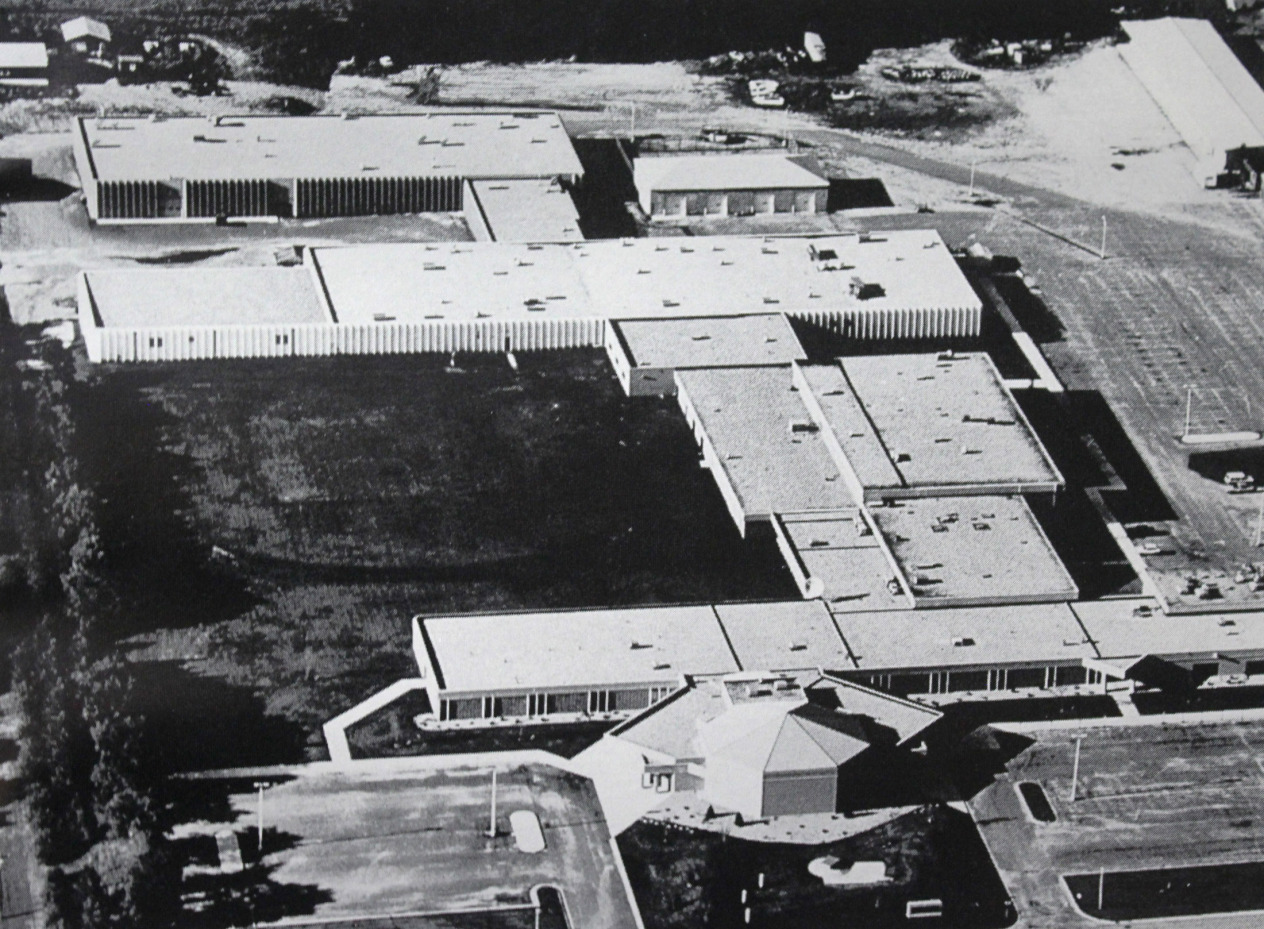Search
AMST2240 - Heating, Ventilation and Air ConditioningCredits: 3 (1/2/0) This course covers the principles of heating, air conditioning and ventilation systems. Students research service information, including refrigerant/oil types, vehicle service history, service precautions and technical service bulletins. They learn
MUSC2281 - Private Instrumental LessonsCredits: 2 (2/0/0) Meets MnTC Goal Areas 2 and 6. Individual woodwind, brass, percussion and guitar lessons of one hour per week are open to advanced students with instructor's consent. Course is required of instrumental performance or education majors and includes
ENGL2239 - Nature WritersCredits: 3 (3/0/0) This course meets MnTC Goal Areas 2, 6 and 10. This course will focus on texts written by great nature writers. While special emphasis will be placed on those works that stress conservation and ecology, others will enable students to see the human
MUSC1151 - Individual Voice LessonsCredits: 1 (1/0/0) Meets MnTC Goal Area 6F. Students interested in individual voice lessons should contact the music department so that instruction can be arranged. There is an additional fee. May be repeated for credit.
PARA2216 - Paralegal InternshipCredits: 3 (0/0/3) The paralegal internship provides students with the opportunity to apply the concepts and principles they have learned in a practical professional work environment under the supervision of a lawyer. Students complete an internship in which they
ARCH2236 - Architectural PresentationCredits: 2 (0/2/0) Students in this course develop design schematics and a set of presentation drawings for a commercial project. Emphasis is on verbal and visual presentation techniques.
MUSC1145 - Chamber ChoraleCredits: 1 (1/0/0) Meets MnTC Goal Area 6F. The M State Chamber Chorale is an auditioned community chorus that performs one concert of choral/orchestral music each semester. The group meets one evening per week on a regularly scheduled basis. May be repeated for credit
DTRK2240 - Supervised Occupational Experience IICredits: 4 (0/0/4) Students will apply skill sets previously learned related to medium- and heavy-duty trucks at a sponsoring dealer or fleet shop. Skill sets will be identified in a training plan developed by industry and instructor.
DNHY1119 - Dental Hygiene Principles IICredits: 4 (4/0/0) In this course, students will continue their study of the dental hygiene process of care introduced in DNHY 1110, focusing on dental hygiene diagnosis, care planning (including patients with special needs) and non-surgical periodontal therapy.
FIRE1140 - Fire Inspection and Code EnforcementCredits: 3 (1/2/0) This course will cover basic fire inspection practices based on National Fire Protection Association (NFPA) 1031, Standards for Professional Qualifications for Fire Inspectors and Plan Examiner.
